5 Deceptions From Obama About NSA Surveillance
President Obama's statements don't plant him in the reality-based community
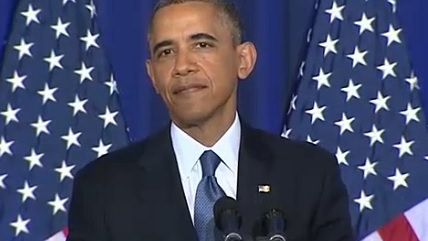
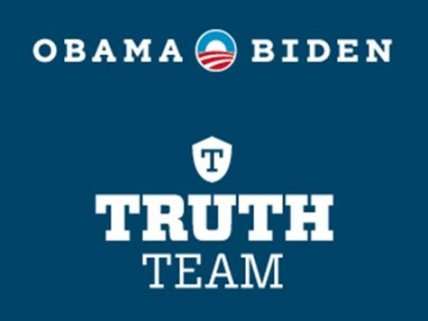
Edward Snowden's disclosures about the National Security Agency have put President Barack Obama and his subordinates in the White House and the intelligence community on the defensive. And to defend the program, they've relied on intentionally misleading or outright untrue claims. Here are 5 examples:
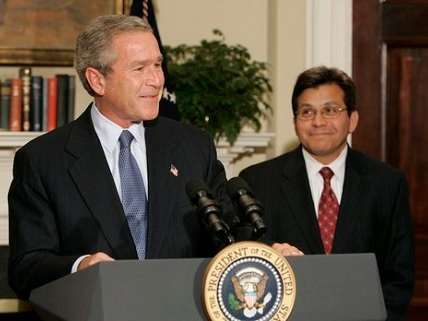
1. "I welcome this debate, and I think it's healthy for our Democracy. I think it's a sign of maturity because probably five years ago, six years ago, we might not have been having this debate." —Obama press conference, June 7, 2013.
On June 7, the revelation that the NSA was collecting Verizon phone records was a major disclosure. But the story was very similar to a 2006 disclosure that the NSA was collecting phone records from Verizon and other telecom companies. That news, naturally, also fostered a debate about the NSA's program. Indeed, the revelation helped illustrate how President George W. Bush and his administration overstepped constitutional boundaries in the aftermath of 9/11 and the course of the "war on terror." In the 2008 campaign, Obama cultivated the perception that his stance toward the "balance" between security and liberty leaned heavily toward liberty. His 2008 rhetoric would be impossible if we were unable to be "having this debate" then.
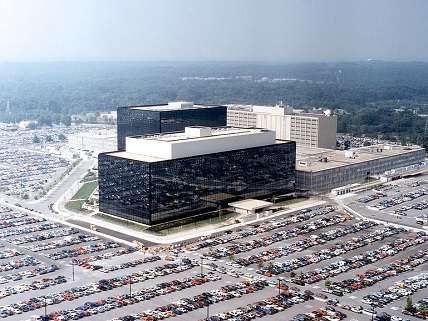
2. "[T]he NSA cannot target your emails…and have not. They cannot and have not, by law and by rule." — Obama to Charlie Rose, June 17, 2013.
The drip feed manner of reporting that Glenn Greenwald and The Guardian have adopted has made liars out of the administration again and again. Information about the PRISM program, available by June 17, had already made Obama's statement to Rose highly suspect. Revelations in recent weeks show the NSA's efforts have indeed gone well beyond the ambitious PRISM program; the NSA can reach up to 75 percent of U.S. internet traffic. A pair of U.S. email providers shut down rather than abetting the feds in spying on e-mail account holders; one is now being threatened for shutting down instead of cooperating.
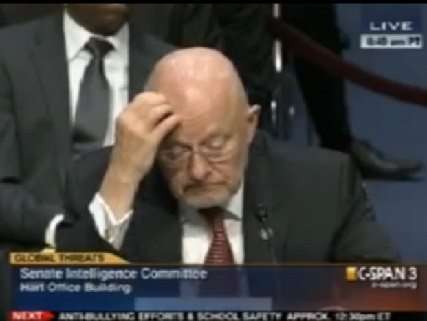
3. "This latest revelation that was made, what was learned was that NSA had inadvertently, accidentally pulled the emails of some Americans in violation of their own rules because of technical problems that they didn't realize." —Obama on CNN, August 23, 2013.
The same day the president made this statement, The Guardian reported the exact opposite. The agency's own inspector general, in fact, found NSA operatives had willfully (an antonym for inadvertently) broken rules that prevented them from spying on Americans. The inspector general insisted the violations were "rare" and that inadvertent violations of Americans' privacy was far more common (but also rare!). Small comfort.
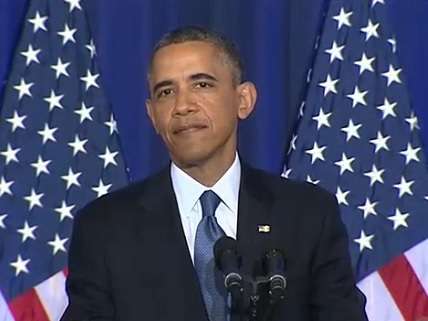
4. "[In a May speech] I called for a review of our surveillance programs. Unfortunately, rather than an orderly and lawful process to debate these issues and come up with appropriate reforms, repeated leaks of classified information have initiated the debate in a very passionate but not always fully informed way." —Obama at a White House press conference, August 9, 2013.
The May speech in question referred to the president's "Privacy and Civil Liberties Board" helping to "review" instances when "counterterrorism efforts and our values may come into tension," hardly a solid foundation for a healthy debate. The "repeated leaks of classified information" were, in fact, one of the only reasons any kind of "informed" debate on the matter is possible. Meanwhile, even the president's privacy board has pointed out that regulations of domestic surveillance haven't been changed in 30 years.
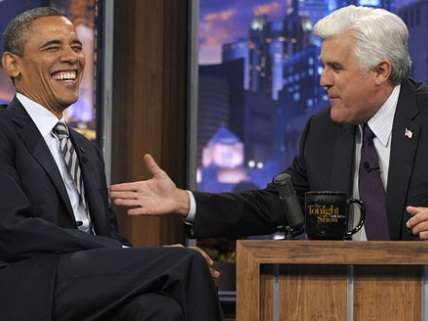
5. "We don't have a domestic spying program." —Obama on Jay Leno, August 7, 2013.
Obama made this laughable statement on The Tonight Show with Jay Leno, but it wasn't intended to be funny. The New York Times debunked it the very next day. The NSA, and other federal agencies, are spying on Americans, with warrants and without, and with warrants that cover essentially the whole country. None of those agencies have domestic spying as their primary mission the way, say, the East German Stasi did. But as one Stasi veteran has said, the U.S. government's surveillance abilities "would have been a dream come true."


Show Comments (60)